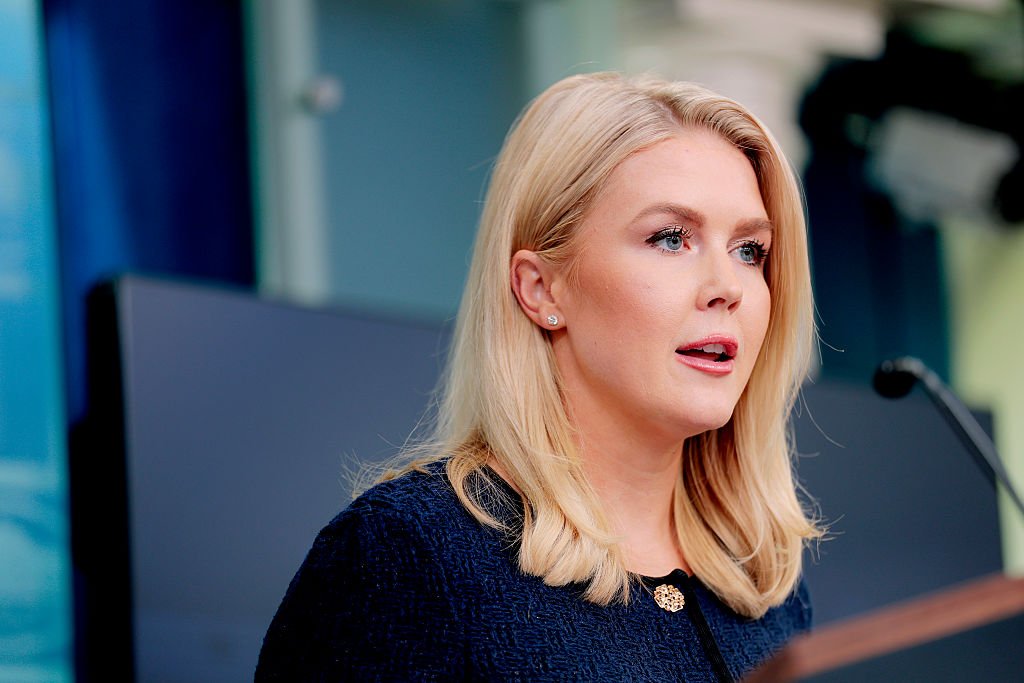
The world stage saw a dramatic shift on June 4th as President Donald Trump’s 50% tariffs on imported steel and aluminum officially came into effect. This significant increase, doubling the previous 25% rate, was announced just days prior during a rally at a U.S. Steel facility near Pittsburgh, celebrating a new partnership with Japan’s Nippon Steel. The executive order aims to bolster domestic steel production within the United States.
Meanwhile, on the other side of the globe, a somber anniversary was marked. Secretary of State Marco Rubio issued a strong condemnation of the Chinese Communist Party’s (CCP) actions during the Tiananmen Square protests of June 4th, 1989. In a post on X, Rubio described the CCP’s actions as a “brutal crackdown,” remembering the victims and reaffirming the importance of freedom, democracy, and self-rule.
The contrasting events highlight a complex geopolitical landscape, with economic protectionism in the United States juxtaposed against a powerful statement regarding human rights in China. The impact of both decisions will undoubtedly be felt across international markets and diplomatic relations for years to come.

